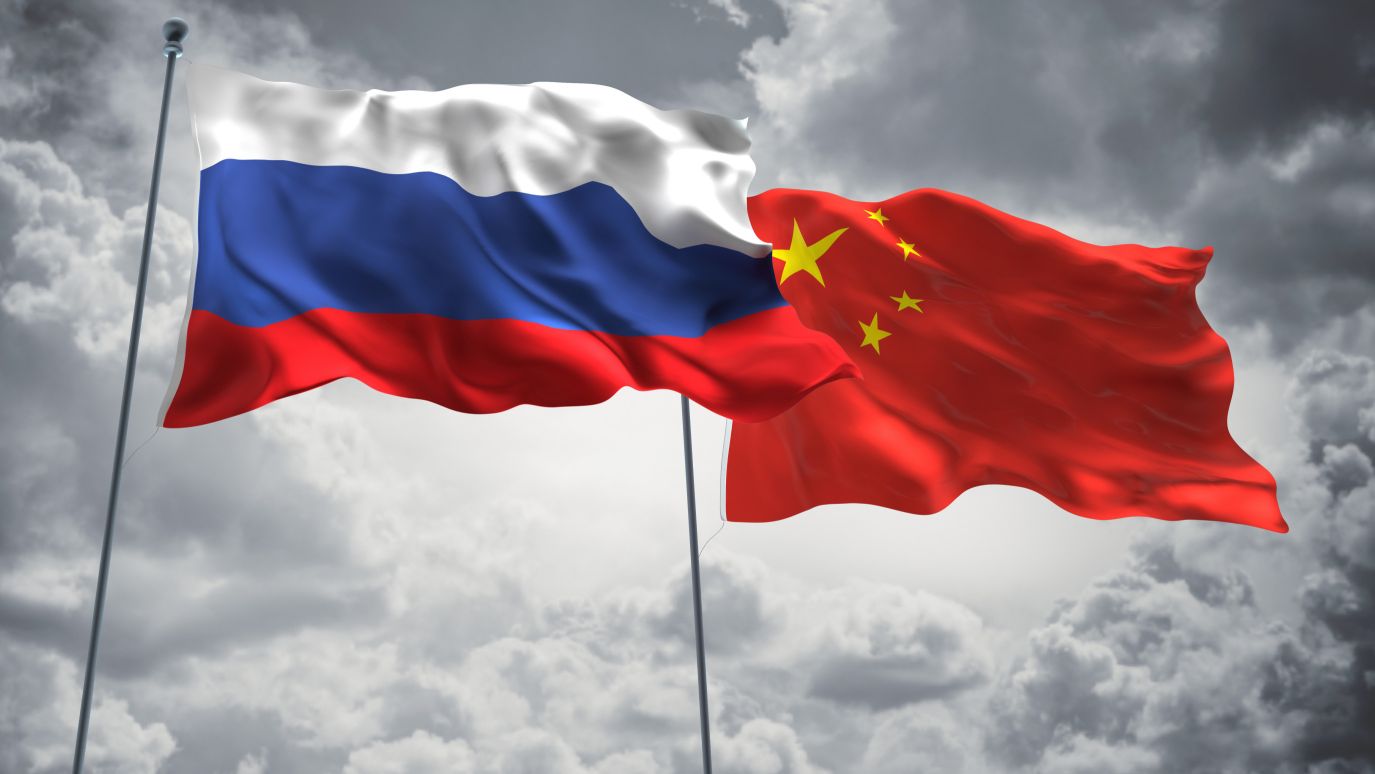
As highlighted by President Xi Jinping’s three-day visit to Russia – during which he signed an agreement with his Russian counterpart Vladimir Putin, bringing their ties to a “new era” of cooperation – China-Russia relations are growing, as measured by annual trade, diplomatic engagements, and joint military exercises.
Putin said that “all agreements have been reached” and that economic cooperation between Moscow and Beijing was a “priority” for Russia. Beijing sees Russia as a necessary ally, as US-China relations continue to sour due to tensions over Taiwan and the semiconductor market, and a growing number of “close calls” between US with its allies and the Chinese military in the South China Sea.
Trade between China and Russia has been growing for some time. In January, China imported a record 3.8 million tons of Russian oil, with a purchase price that was the highest in the world at that time – $72.51 to $83.67 per barrel – exceeding caps imposed by the West. Bilateral trade in 2022 grew 29.3% over 2021, according to China Customs. In January and February, Russia became China's top oil supplier, surpassing Saudi Arabia.
On 4 February Russian Customs data showed China had provided navigation equipment, parts for fighter jets and helicopters, and other military technology equipment in 2022, according to western media reports. Two-thirds of Russia’s chip imports came from China. China’s Foreign Ministry said the two countries are only engaging in normal trade.
During the March meeting between the two leaders, relations continued to blossom. Putin committed to deliver at least 98 billion cubic meters of liquified gas annually to China by 2030, six times more than in 2022. The agreement also accelerated the plan to build the Power of Siberia 2 pipeline, which will deliver 50 billion cubic meters of natural gas per year from Russia to China via Mongolia. Russia needs this pipeline to replace Europe as its major gas customer.
Xi also arrived at the symbolic meeting with a 12-point peace plan for Ukraine. Washington, however, remains skeptical about China’s intentions, with Xi stopping short of asking Putin to withdraw from Ukraine. In return, Putin reaffirmed "Taiwan as an inalienable part of Chinese territory" and Russian support for China’s policies in Xinjiang and Hong Kong.
The war in Ukraine in some ways benefits Beijing, with Western resources being focused on the war. But it remains to be seen how sincere Beijing is about China’s peace plan for Ukraine – President Zelensky has suggested that China could play a role in a “peace formula” to end the war in Ukraine, but has yet to receive a response.
Simultaneously, Zelensky hosted a surprise visit from Japan’s Prime Minister Fumio Kishida, stating that Kishida is “a truly powerful defender of the international order and a long-time friend of Ukraine”.
China’s 5G influence in developing economies
China’s Belt and Road Initiative and its digital counterpart, the Digital Silk Road, threaten to displace US telecom and tech companies in developing economies in Africa, Latin America and the Middle East. How can US operators and network providers stand up to the challenge?